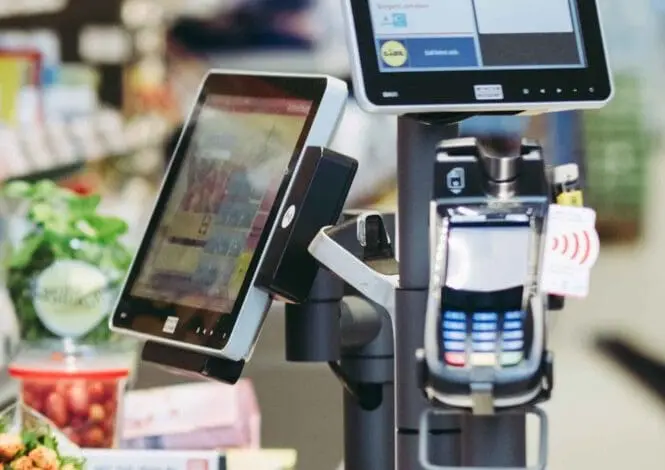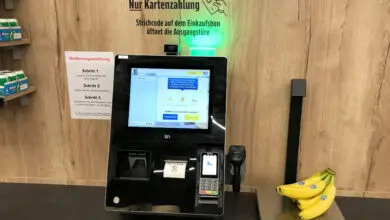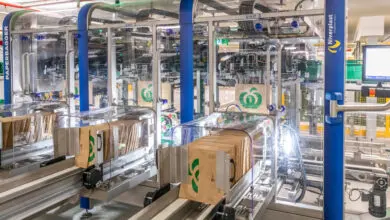
In addition to new tax law requirements, the temporary reduction in value-added tax poses major challenges for the retail trade in Germany
With the temporary reduction of the value-added tax, the German government wants to stimulate the economy. However, this will create a gigantic expense for the retail trade in Germany, which is probably out of all proportion to the expected effect. And this at a time when those responsible for the cash register systems are already struggling with the introduction of the new tax law requirements, the so called ‘fiscalisation’.
By 30 September, all POS systems in Germany must be upgraded so that VAT fraud is no longer possible. The trade associations are now arguing with the Ministry of Finance about a further extension of this deadline. The outcome is still uncertain. And this at a time when many non-food retail companies are fighting for survival.
Without modern price optimisation solutions and electronic shelf price labels, the temporary reduction of the value-added tax at such as short time is a task that can hardly be solved. “We are dealing with a comparatively high effort. This will cost a high double-digit million Euro amount,” said Stefan Genth, the Chief Executive of the German Retail Association HDE. In order not to have to change its concept of permanent low prices, dm Drogeriemarkt, for example, has now decided to grant a general discount of three percent on every basket instead of price reductions. However, this does not mean that the challenges of the VAT conversion are off the table for dm and all retailers who want to pass the VAT reduction on to the customer as a discount. After all, the conversion of the accounting system to the temporary lower value-added tax also entails considerable expense.
In the area of the so called fiscalisation, too, the authorities themselves are currently standing in the way. This is because retail companies prefer cloud-based solutions such as those developed by GK Software subsidiary Deutsche Fiskal together with Bundesdruckerei. Cloud solutions make changes to the POS hardware unnecessary. But only hardware-based solutions have been certified so far: Swissbit’s for example is now offered by Toshiba and Diebold Nixdorf as hardware solution.
Those responsible do not expect a decision on the approval of cloud-based fiscal solutions until autumn. Although despite all the crises, the deadline of 30 September still applies.




